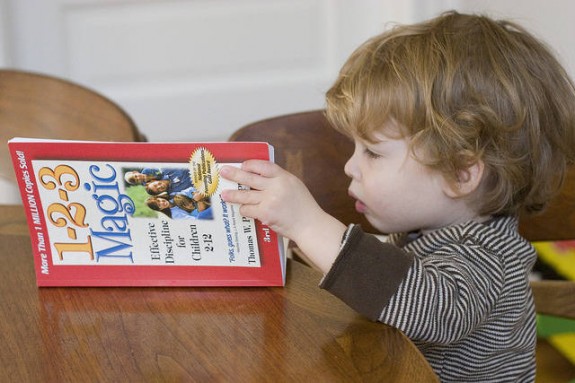I am pretty sure you know already the benefits of reading: Good for your brain, also good for your mental health. But, do you know that, if you want to write, you have to read more than average?
Just like writing, reading is a cognitive process. When you read, your brain takes 2 steps of processing: recognizing sound, and deriving meaning (semiotics) by recognizing patterns.
This fact is important for everyone in literate societies, and more important for writers because it allows you to:
Catch New Ideas
Any writing piece comes from a major idea. The writer then develops it using his/her own experience and perception. Being exposed to such developed ideas can trigger your own experience and perception, which might be totally different.
Here is an example. Let’s say the major idea is ‘happiness.’ I want to write an article about it. I am most happy when I play video games, so I come up with an article titled 10 Video Games You Must Play before I Die. You do not like video games as much as I do because the biggest happiness for you is when you… well, eat rainbow cake. But my article about video games–written in pure passion so you can sense it–triggers your memory about the best rainbow cake you have ever had. Of course you have to share it with the world! And so you write an article titled My Mom’s Rainbow Cake Recipe. Another person reads it and suddenly remembers that the last time he ate a rainbow cake was when he went to the coziest cafe in town. That was the best day in his life because… You get the idea! ^.^
Build Your Vocabularies
The more vocabularies stored in your memory, the better your writing will be. While it is possible to read a dictionary through and through, unless you have a super-power, I doubt you can memorize them all.
Moreover, memorizing the meaning of every word is not enough. You need to know how to use them properly in sentences. By reading you can directly find it out.
Recognize Types of Writing
There are 4 types of writing:
- Narrative
- Descriptive
- Repository
- Persuasive
Each type has its own characteristics because it serves specific audience/readers. Learn about each of them so you can use them properly in your writing pieces.
Recognize Writing Techniques
If you want to write mystery stories, you might want to practice building anticipation. If you want to be a reporter, you definitely have to understand 5W+1H. If you want to write a movie script, you might need to learn more about characters development.
How can you learn about these all? Yes. By reading.
What to Read
On my previous article a fellow blogger, Debbie, pointed out that,
Reading other people’s works will make you a better writer. When a writer comes across a well-written piece, they tend to pay attention to key elements and, in turn, write better.
I agree with her. If you are new to writing, you might want to read only well-written pieces to get proper pointers about grammar, writing techniques, idioms, etc.
Later when you have understood more about writing, however, I need to point out a lesson I got from my ex-editor. He told me to read everything. I repeat–EVERYTHING. Reading well-written pieces can give you a good idea how to write well. Reading badly-written pieces can show you what to avoid. But, of course, I do not recommend this if you lack of editing skill.
Read More, Read A Lot
Dahlan Iskan, my ex boss (now the Indonesian State Enterprises Minister), once said,
Read more than you write. Much more.
You can use Paretto’s 80-20 Principle. If you spend 20 minutes to write, it means you have to spend 80 minutes to read.
Disclaimer: This post is written for my best friend who personally asked me to teach her about writing. I am not a professional writing coach, never got myself into a formal writing class, and never intend to magically turn you into the next J.K. Rowling.

Care to share your amazing thought?